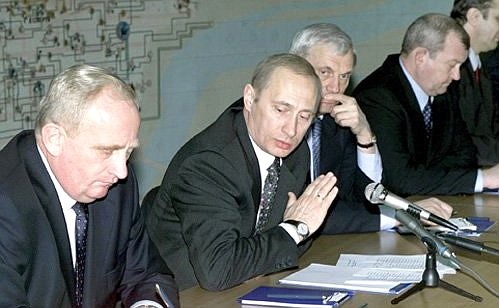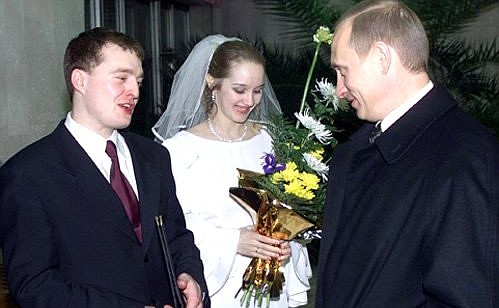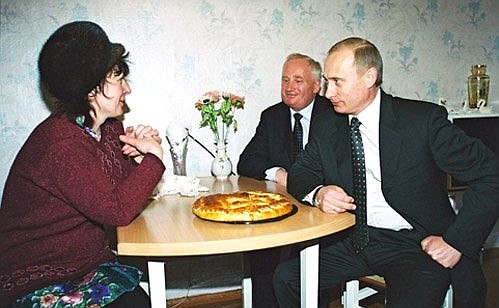Mr Putin pointed out that municipal service reforms were marking time and called for urgent decisions to get the municipal economy out of its crisis.
Among the most urgent tasks, he mentioned communal service back payment settlement. At present, users’ arrears amounted to 170 billion roubles. Municipal companies and local budgets, not lodgers, accounted for the bulk of the sum.
It was necessary to put an end to discounts for the high-income population.
Mr Putin stressed that only these urgent measures would allow the strategic target of restructuring the entire municipal economy to be met.
He enumerated as the basic restructuring goals demonopolisation of the municipal economy, promotion of competition and the attraction of investment, which is at present impeded by tariff policies defying forecast, municipal companies’ financial non-transparency and exorbitant back fees.
Mr Putin also demanded stringent monitoring of budget expenditures, implementation of resource-saving technologies, and changing the content of contracts between municipal agencies and users.
In a concluding address, he pointed out that budgets of different levels accounted for the largest back payments, and so it was inadmissible to settle municipal problems at ordinary people’s expense.
After the meeting, Mr Putin made a short walk about Tomsk, during which he talked to townspeople, and visited a food shop. He also paid a visit to Maria Korenkova, who had invited him for a cup of tea.
From Tomsk, Mr Putin went to the Omsk Region by train to chair another meeting en route—on tariff policies and transport infrastructure development.


